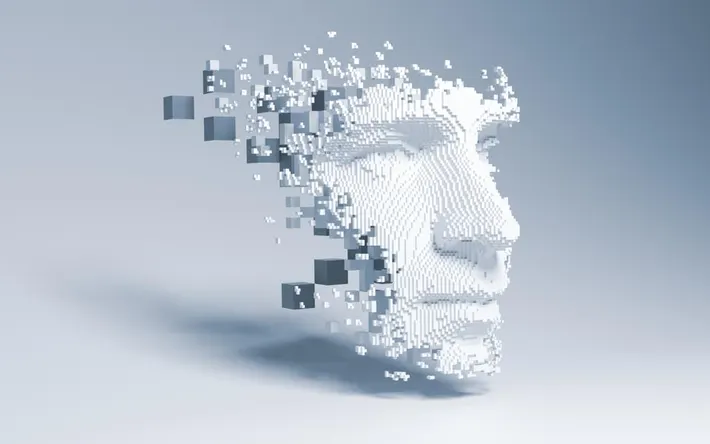Introduction
Technology has long been a catalyst for change, but in today’s interconnected world, it has become the core of cultural, political, and economic transformation. Artificial intelligence, social media, and global diplomacy now intersect in unexpected ways, creating a complex ecosystem of influence. Tech innovation drives economies, celebrities amplify narratives, and politicians shape the moral frameworks that govern this progress.
As humanity races into an age defined by automation and information, the fusion of technology, celebrity, and politics is rewriting the very meaning of power. The next chapter of civilization will not be written in code alone—it will be crafted through collaboration, visibility, and vision.
AI and the Rise of Global Tech Leadership
Artificial intelligence has transcended its origins as a laboratory curiosity to become a strategic national priority. Countries like the United States, China, and India are investing billions to dominate AI development, seeing it as the next frontier of economic and military supremacy. Algorithms now power healthcare, education, warfare, and even social interaction.
This technological competition has sparked a new form of global rivalry—one that replaces traditional borders with digital boundaries. Nations capable of harnessing data and deploying AI responsibly are emerging as global leaders, while others scramble to catch up. The race to govern AI is as much about ethics as it is about dominance.
Celebrities as Digital Visionaries
In an unexpected twist, the entertainment industry has become a key player in advancing global tech awareness. Celebrities no longer limit themselves to art and performance—they are founding tech startups, promoting sustainable innovation, and shaping public dialogue about the ethical use of technology. Figures like Elon Musk, Rihanna, and Will.i.am exemplify this cultural crossover, merging creativity with computation.
Through film, music, and social media, celebrity influence humanizes complex technologies, transforming technical debates into global conversations. However, this power also carries responsibility—misinformation or over-simplification by public figures can distort nuanced policy discussions and shape public sentiment in ways that governments cannot easily control.
The Politics of Innovation: Regulation and Responsibility
As technology grows more powerful, governments face mounting pressure to regulate its reach. Data privacy, cybersecurity, and AI ethics have become defining issues of political discourse worldwide. Policymakers are grappling with how to encourage innovation while protecting citizens from surveillance, bias, and exploitation.
From the European Union’s AI Act to the United States’ discussions on social media reform, legislation is slowly catching up with invention. Yet regulation often lags behind innovation, allowing companies to experiment faster than laws can evolve. This tension creates an environment of both opportunity and uncertainty, where power dynamics shift faster than political systems can adapt.
The Global Impact of Tech Diplomacy
Technology has transformed diplomacy into a digital battlefield. Cyber alliances are now as critical as military ones, and nations engage in strategic cooperation to protect digital sovereignty. Tech diplomacy involves sharing innovation, defending against cyberattacks, and managing the flow of information across borders.
Meanwhile, global organizations like the United Nations and World Economic Forum are pushing for ethical frameworks to ensure AI and data technologies benefit humanity as a whole. As international leaders debate AI ethics and digital equity, the world witnesses a new kind of soft power—one defined not by armies, but by access, intelligence, and influence.
The Convergence of Culture and Code
Cultural influence now travels at the speed of data. Streaming platforms, online activism, and AI-driven art are breaking traditional barriers between entertainment and innovation. Technology enables artists to reach global audiences, while politics determines how freely that expression can circulate.
In this ecosystem, creativity becomes both a product and a political statement. Tech-driven culture allows individuals to participate in shaping history, one post or algorithm at a time. The line separating human imagination from machine intelligence continues to blur, ushering in a digital renaissance unlike any before.
FAQs
Why is AI central to modern politics?
Because it influences economic strategy, defense systems, and public policy worldwide. Control of AI means control of information and infrastructure.
How do celebrities impact technology?
They bridge complex ideas with mainstream audiences, making innovation relatable and accelerating adoption.
What role does global diplomacy play in technology?
It ensures that nations collaborate on ethical AI standards, cybersecurity, and equitable digital access.
Can regulation keep up with technological innovation?
Not easily—governments often react after breakthroughs occur, creating temporary policy vacuums.
What defines this new “digital renaissance”?
The blending of technology, creativity, and governance to shape a more interconnected and intelligent global society.
Conclusion
Technology is no longer just an industry—it is the foundation of modern civilization. The intersection of AI, celebrity influence, and political reform is transforming how humanity interacts, governs, and dreams. In this era, visibility and vision are equal forces of change.
As the world steps deeper into this digital renaissance, our greatest challenge will not be inventing smarter machines—but ensuring that the humans guiding them remain wise, ethical, and united in purpose.


